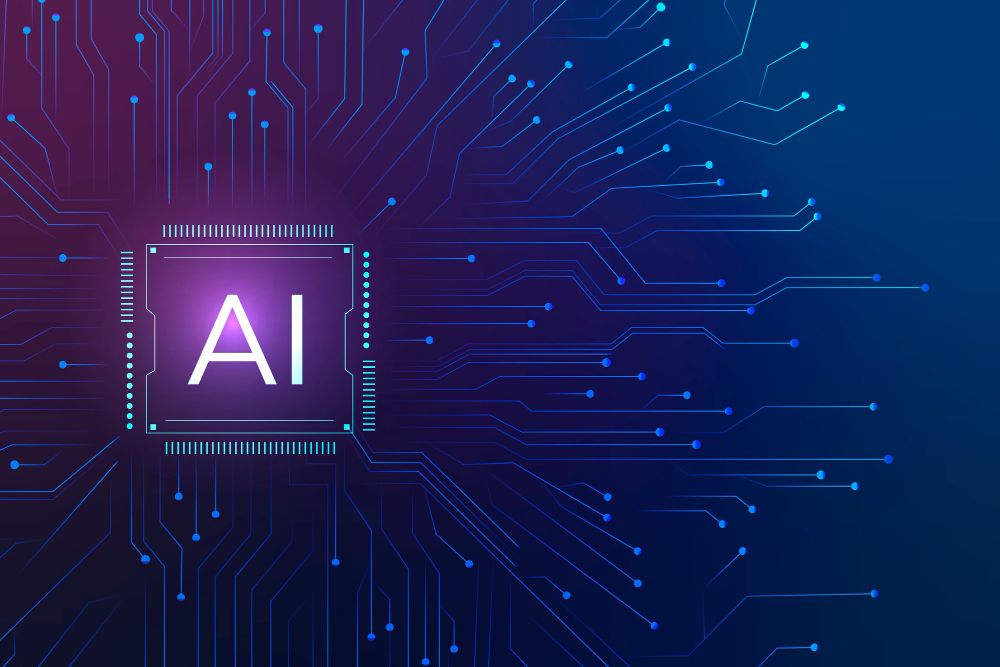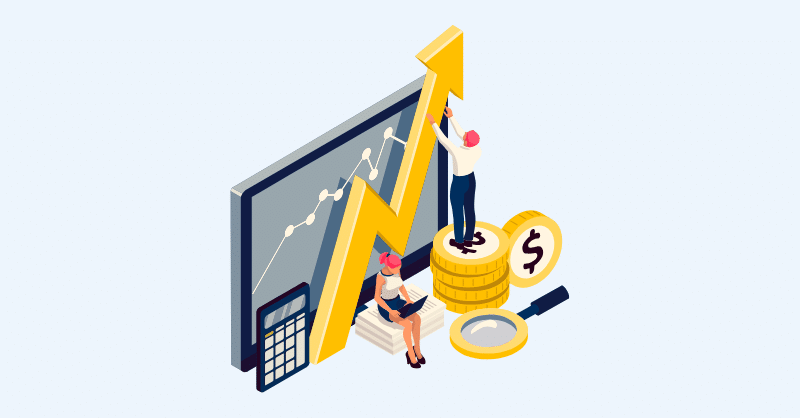AI is an increasingly important tool to help HR source and recruit candidates.
Artificial intelligence + recruiter = “augmented” recruiter
AI enables recruitment professionals to facilitate and automate some of their actions to, ultimately, save time, be more efficient and be able to refocus on higher value-added missions (interviewing candidates, etc.).
New technologies are designed to help recruiters in their work. In particular, they make it possible to :
Facilitating sourcing
Identifying and pre-selecting candidates takes time, which recruiters sometimes (“all the time”) lack. With artificial intelligence, he can set up “autonomous sourcing”, leaving it to the AI to identify and analyze thousands of CVs contained in databases.
Did you know? According to a Harvard Business Review study, a recruiter who follows an algorithm, rather than his or her instinct, when recruiting increases the chances of choosing the right candidate by 25%.
Simplify matching
This stage, which follows the sourcing stage, enables us to go a step further and calculate, from among the pre-selected CVs, those that most closely match an advertisement on the basis of keywords relating to the candidate’s skills, personality, interests, etc. Some algorithms are even capable of “calculating” the candidate’s fit with the company’s culture. Some algorithms are even capable of “calculating” the candidate’s fit with the company’s culture.
Dialogue with candidates
Chatbots can simulate a conversation in natural language and offer an analysis of the candidates they “chat” with online. Chatbots can be used to make a 1st detection of potential candidates for a given position.
Managing internal mobility
Human resources departments often possess information about employees’ skills, assets and aspirations. But they don’t always know how to put this information to good use, especially when it comes to identifying employees who are keen to move internally, and who would make good internal candidates with the right skills or the necessary potential.
AI can help recruiters in this respect. Software solutions, many of them based on matching systems, use algorithms to match profiles with specific skills and aspirations for internal mobility, with vacancies to be filled and skills required internally.
E.g.: Our Keycoopt solution features an algorithm that enables companies to automatically send the right advertisements to the right employees internally (so that they apply or recommend their network).
Recruiter: a profession that is above all human
While AI can provide real support to recruiters in the exercise of their profession, it remains a support and does not supplant the recruiting profession itself.
A recentHarvard Business School study of 8,000 jobseekers and almost 3,000 managers in the USA, UK and Germany, calls into question overly rigid automatic filters that exclude ” atypical ” CVs en masse. In the USA, for example, 27 million CVs were rejected by software programs (the same in the UK and Germany) due to filters that automatically excluded CVs with too many part-time jobs, long-term unemployment or those requiring specific accommodations.
Another example: Amazon stopped using predictive recruitment software when it realized it was discriminating against women. Why was this? The keywords studied were used more by men. Men were also more likely to send their CVs to the company.
Adverse effects of AI
Thus, these AI-based tools are not free of “side effects” and risks such as:
- Cloning (AI that recruits similar people, without any diversity).
- Discrimination (Artificial Intelligence which discriminates, voluntarily or not, between candidates according to their gender, ethnicity, qualifications, etc.).
- Biased predictions: unreliable predictions in terms of recruitment (AI based on biased data without the company noticing).
- Missing out on candidates’ SoftSkills (AI can detect skills and diplomas, but not candidates’ soft skills).
Artificial intelligence for recruiters
AI is a tool for HR. It will not be able to replace this function, which relies on intuition, emotion and exchange. .
The recruiter is also the guarantor of thecandidate experience. His role is to ensure that the technologies used to recruit remain ethical and that all candidates benefit from a truly equal opportunity.




